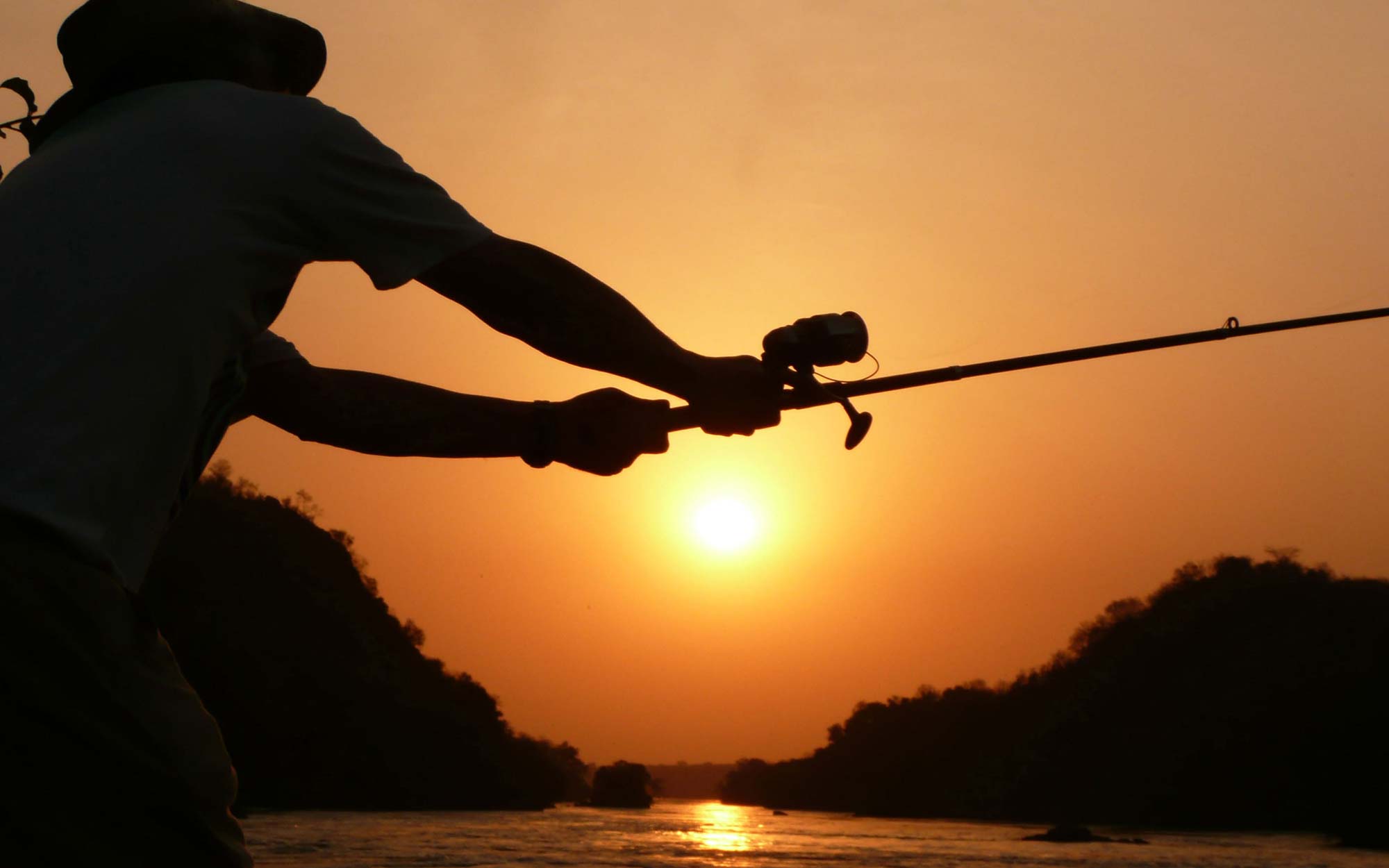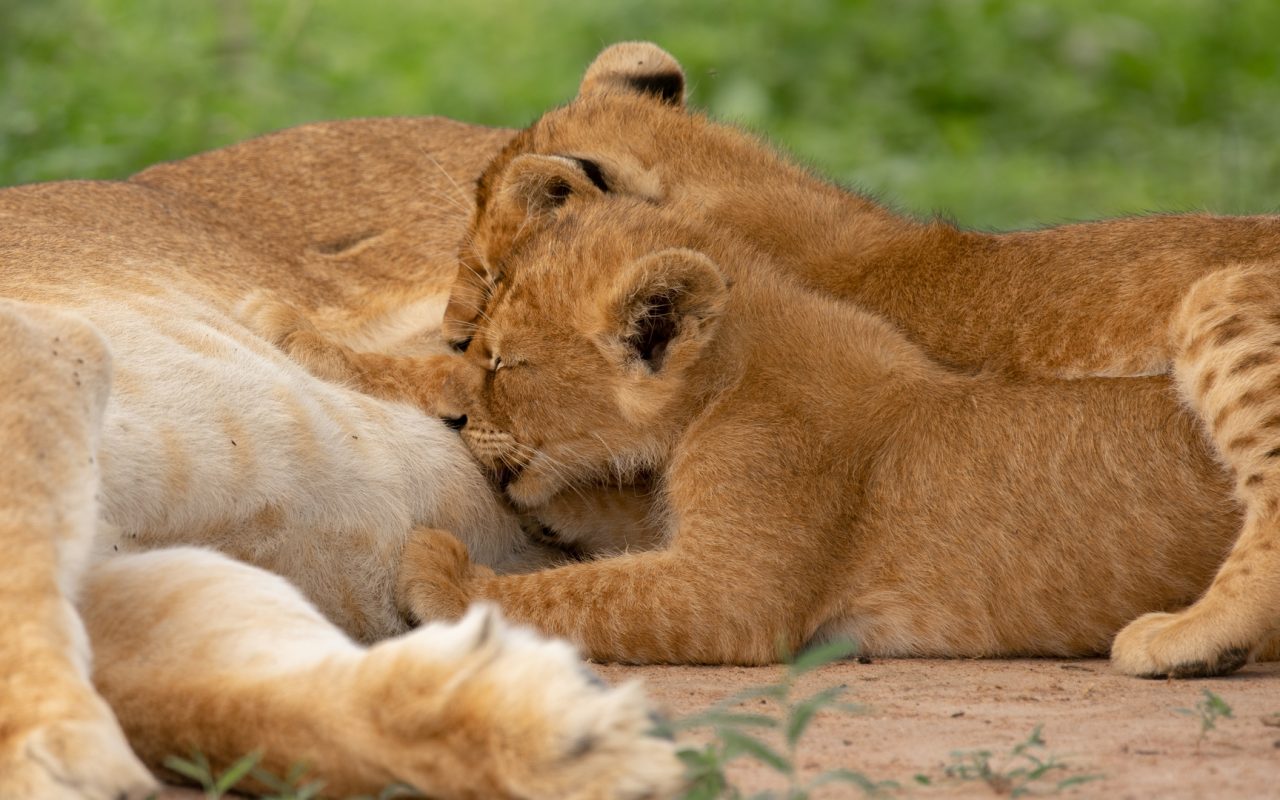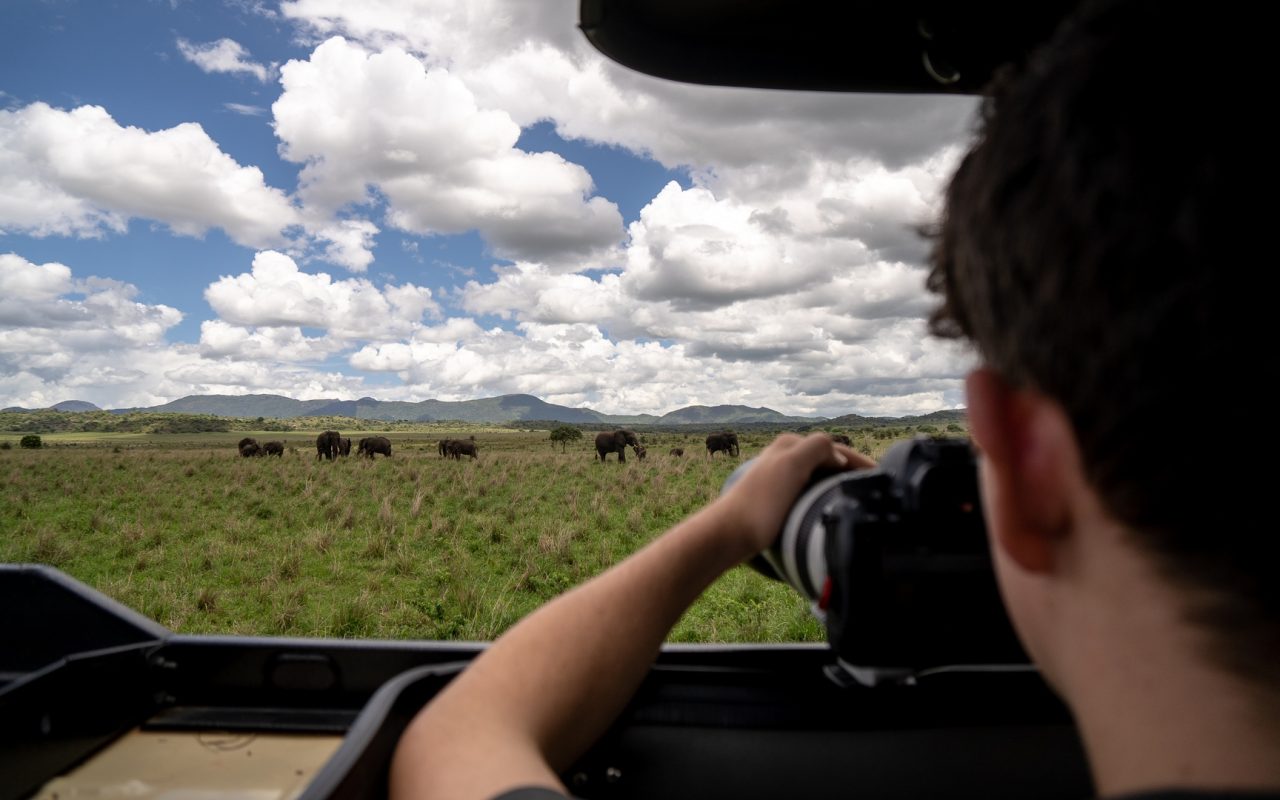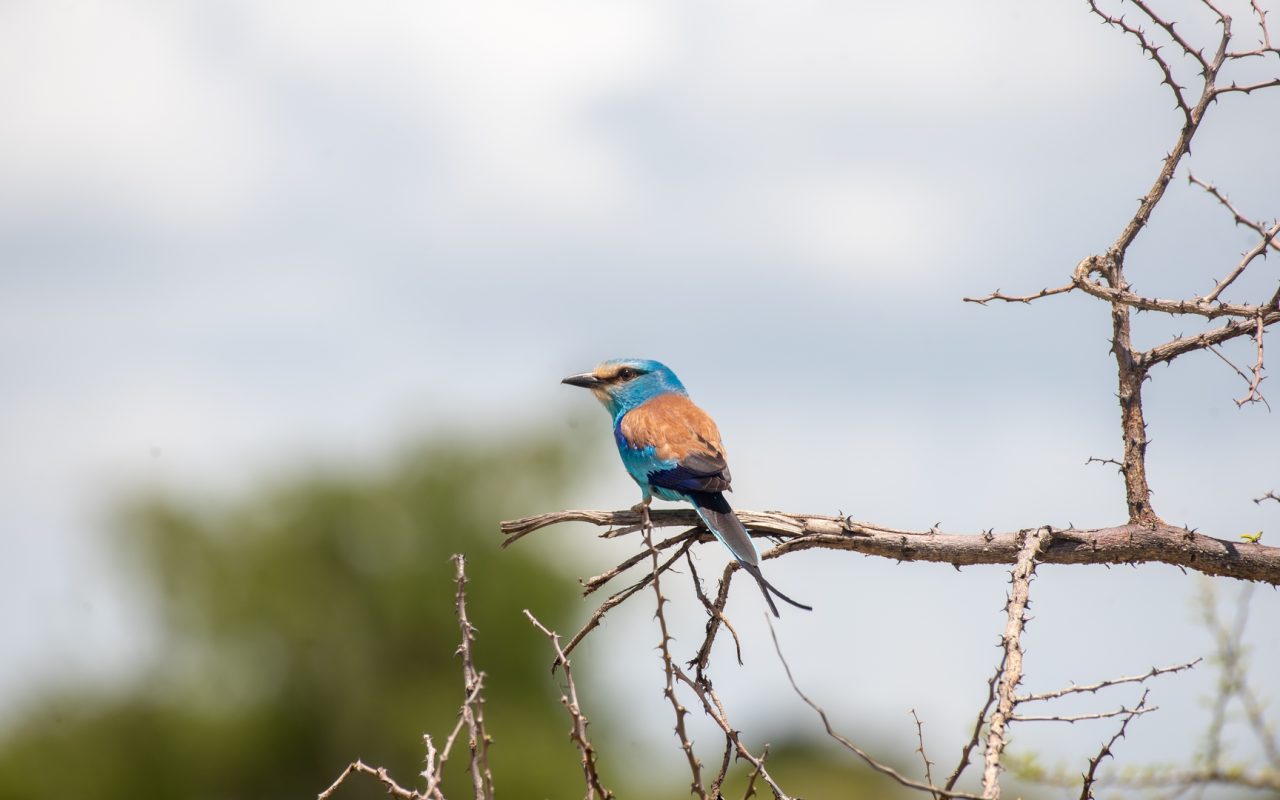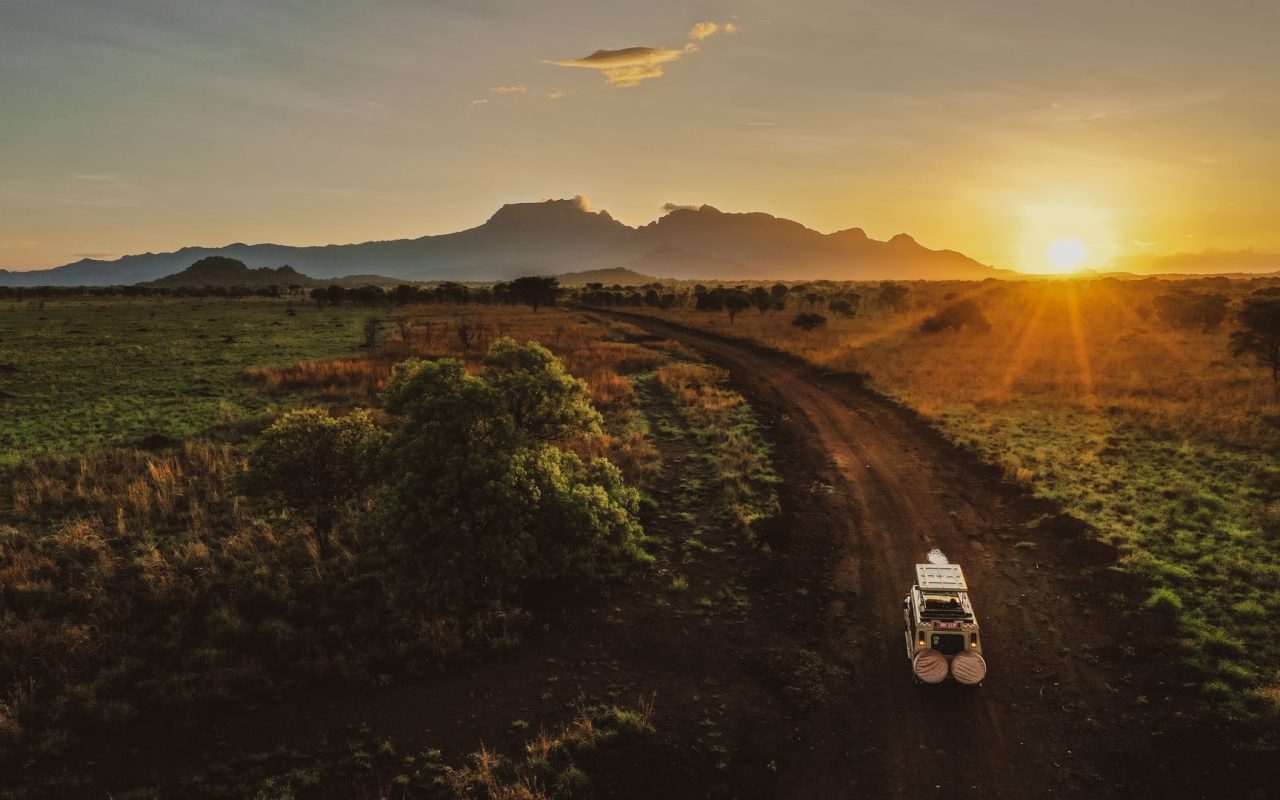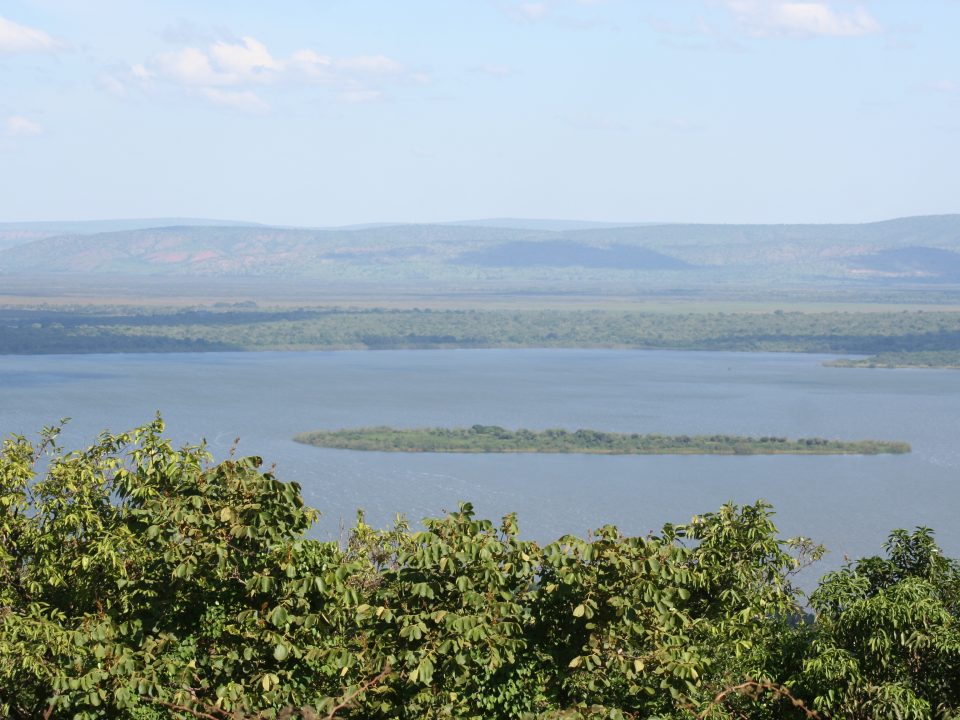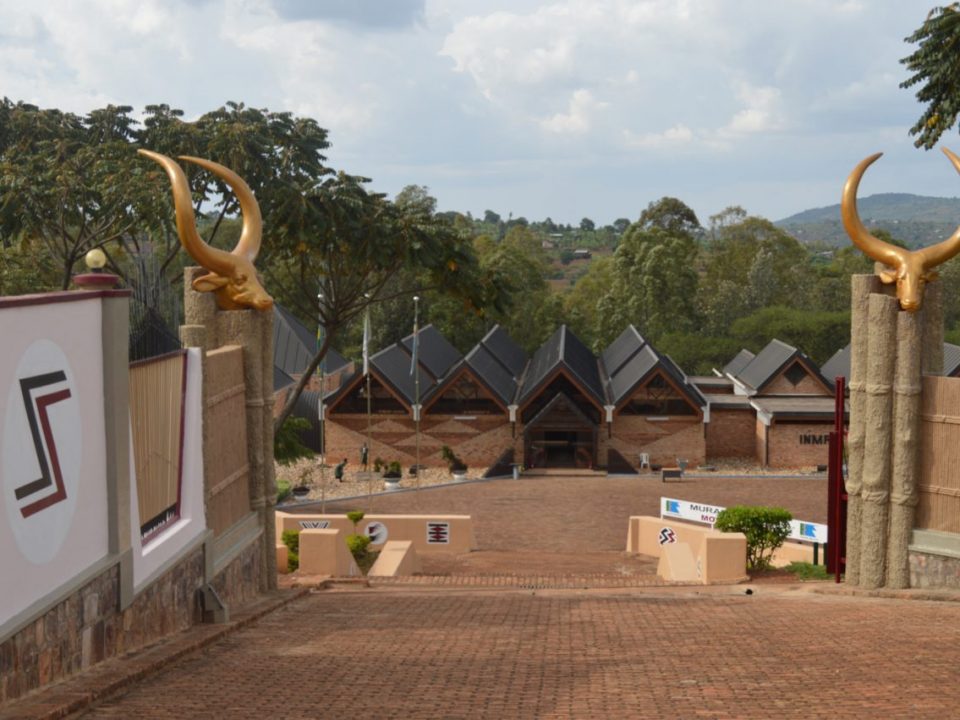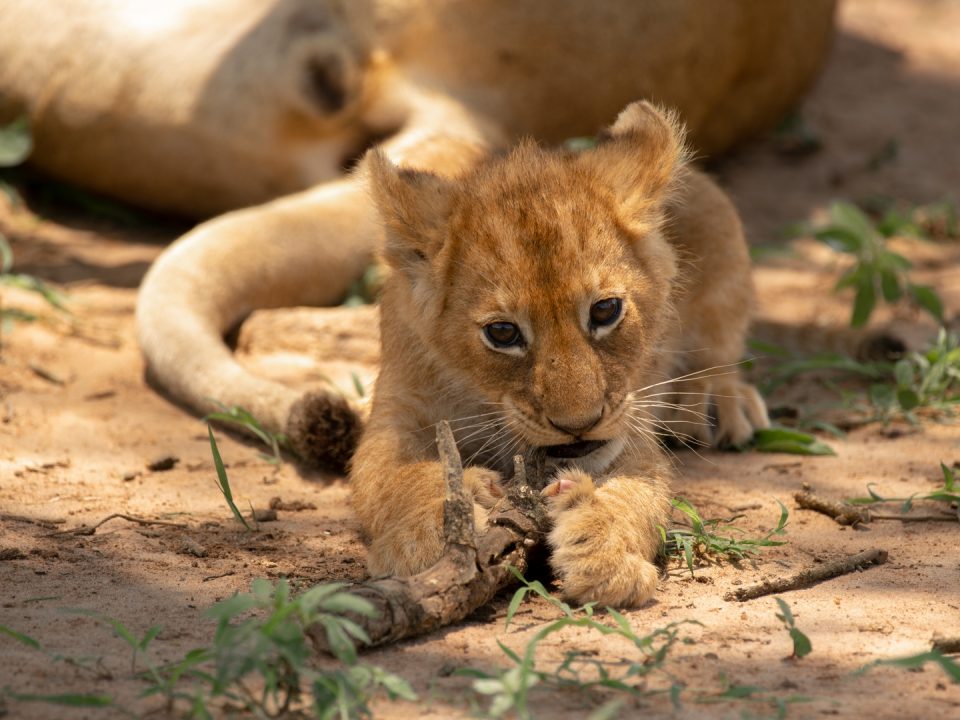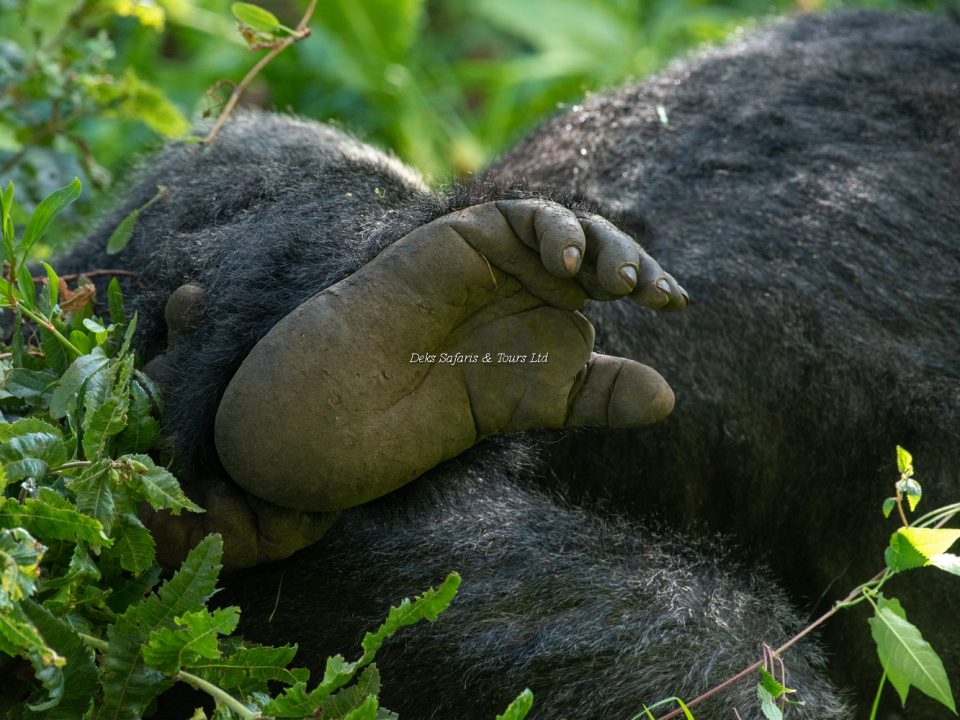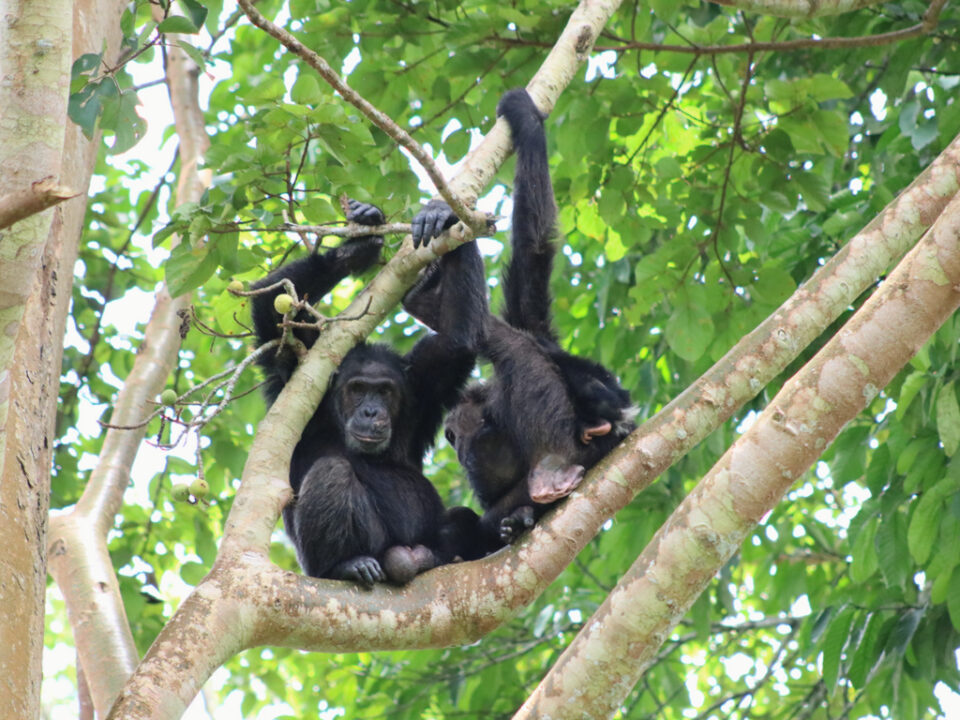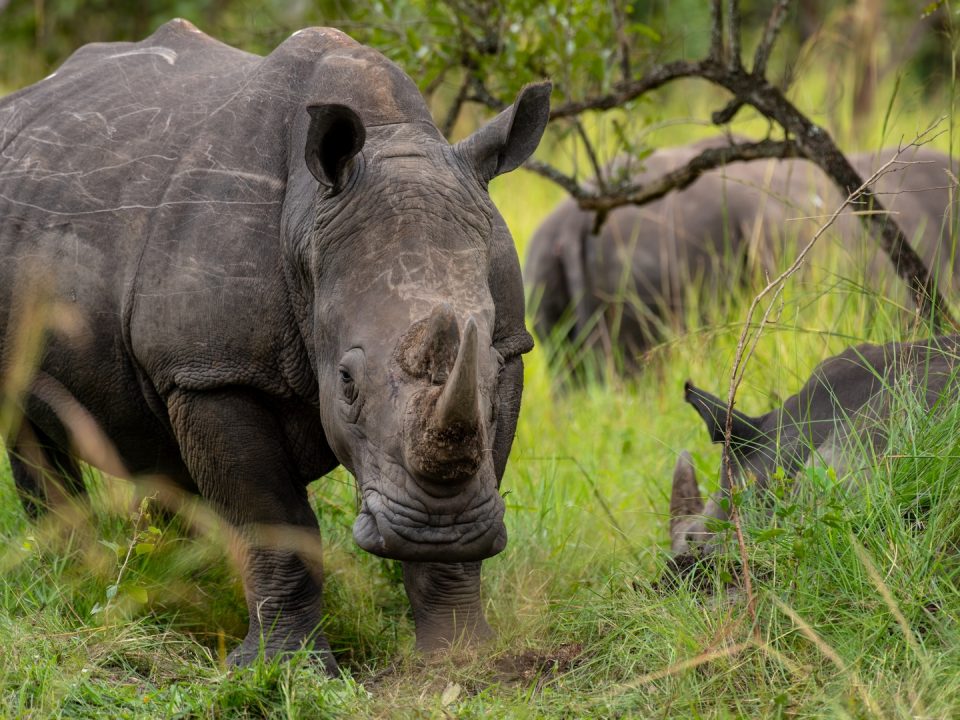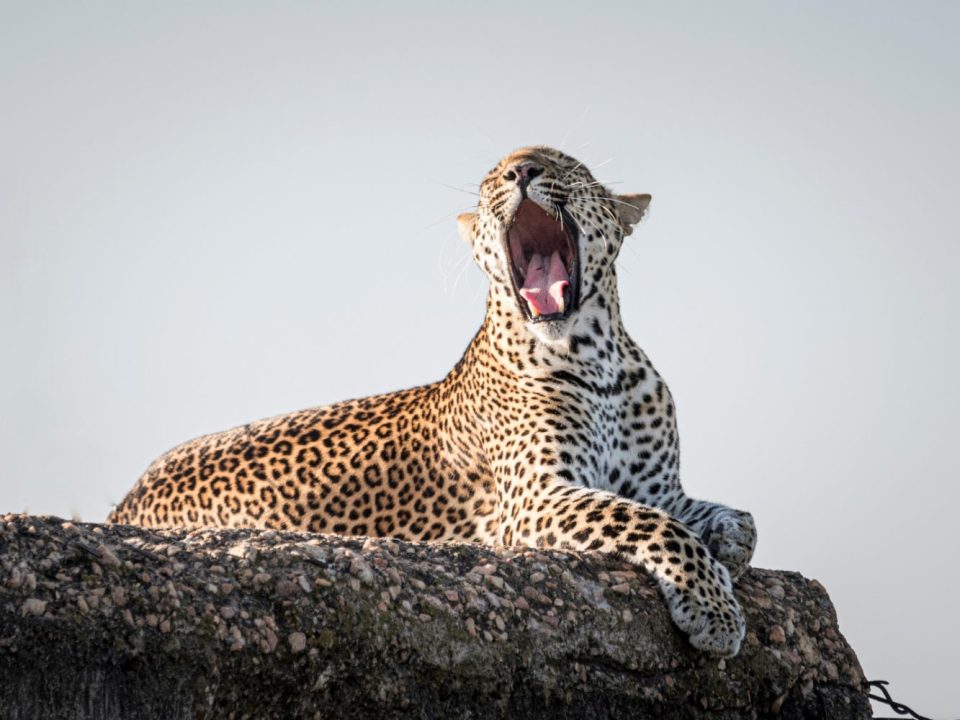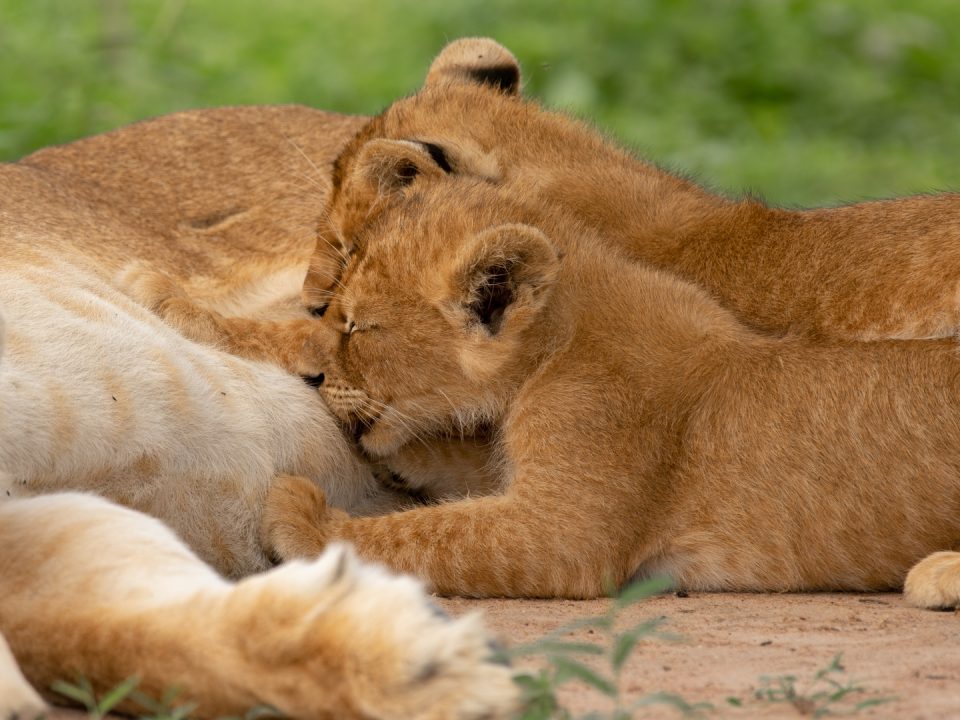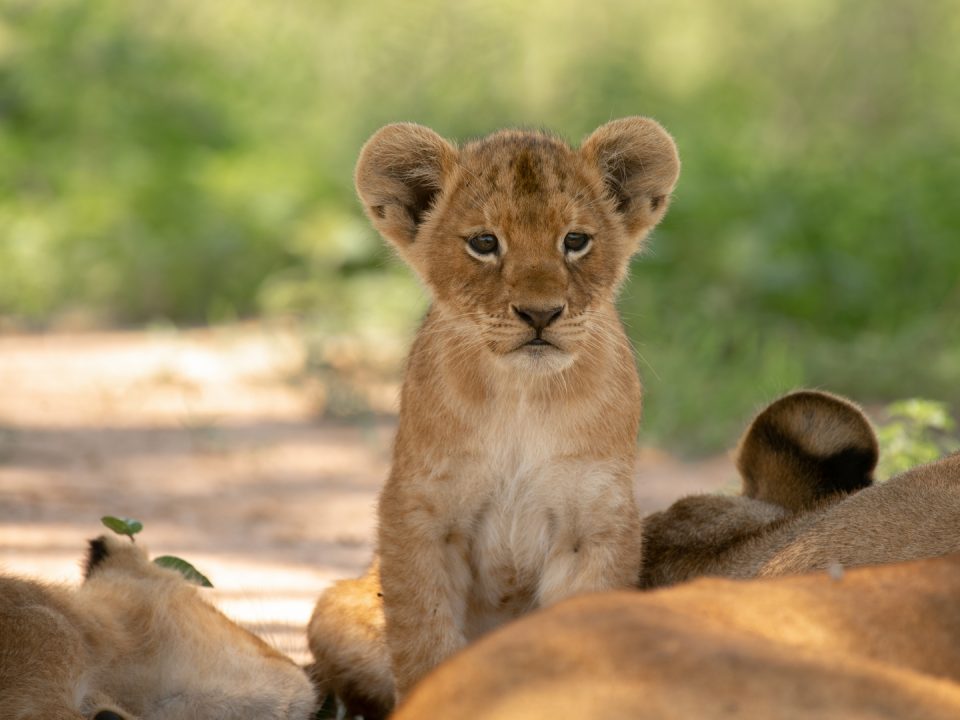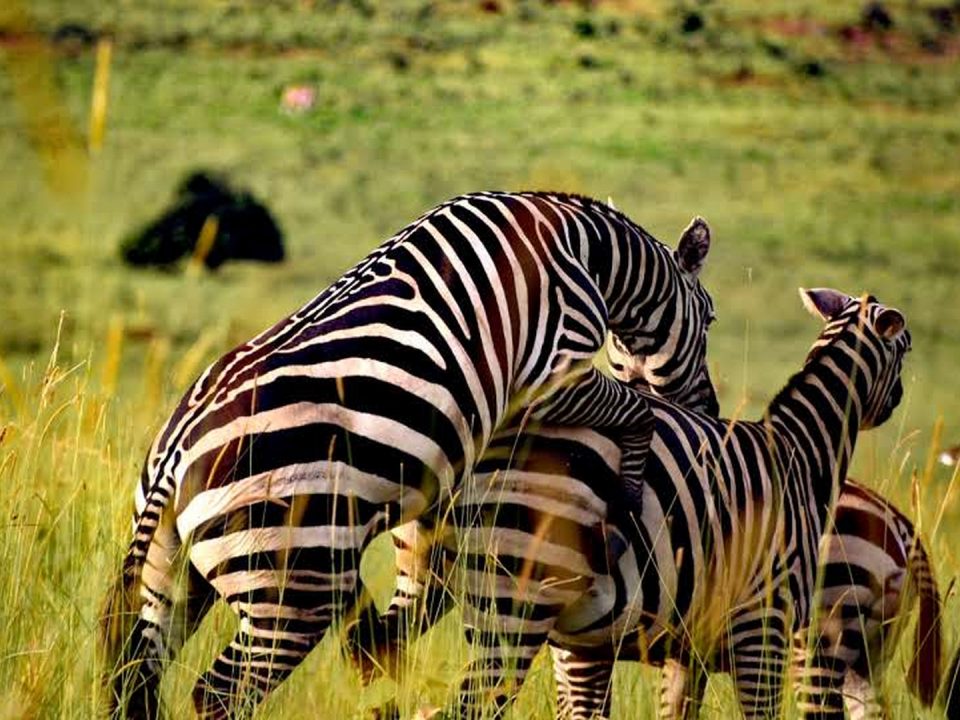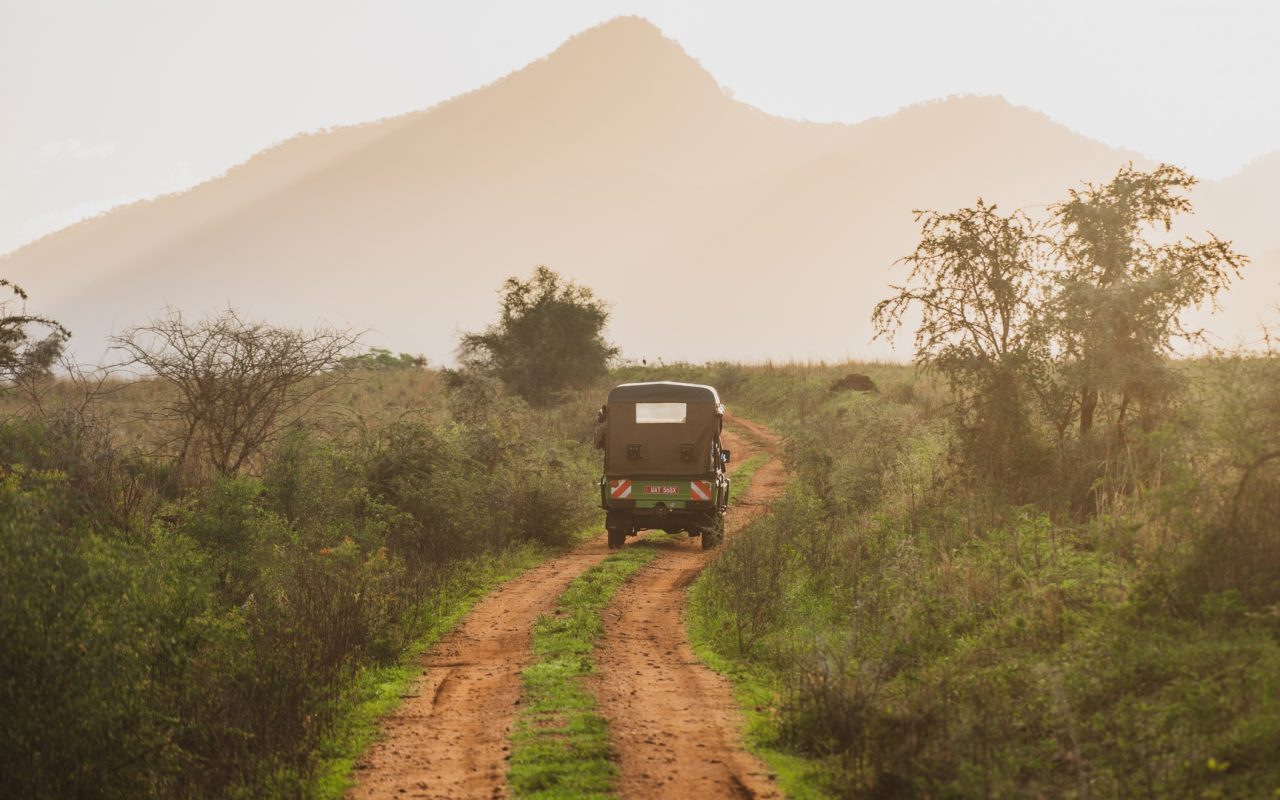Lake Ihema (Akagera National Park) Rwanda – All You Need to Know Before You Go
Lake Ihema (Akagera National Park) Rwanda – All You Need to Know Before You Go. This Lake is one of the largest lakes in Rwanda and is located in the Eastern Province of the country. It is part of the Akagera National Park, which is Rwanda’s largest national park and is known for its diverse wildlife. The park is named after the Akagera River, which flows along its eastern boundary and feeds into Lake Ihema.
Ihema covers an area of about 90 square kilometers (35 square miles) and is an important water body in the region. It is surrounded by wetlands and savannah, providing a unique habitat for a variety of plant and animal species. The lake is also a crucial water source for the wildlife in the Akagera National Park.
The park itself is home to a wide range of wildlife, including elephants, buffaloes, giraffes, zebras, crocodiles, hippos, and numerous bird species. The reintroduction of lions in 2015 marked a significant step in the conservation efforts of the park.
Tourists often visit Akagera National Park to experience its biodiversity, enjoy game drives, boat tours on Lake Ihema, and witness the natural beauty of the area. The park plays a vital role in both conservation and tourism in Rwanda.
What to Adventure at Lake Ihema Rwanda?
Lake Ihema and the surrounding Akagera National Park offer a variety of adventurous activities for visitors. When planning your adventure at Lake Ihema and Akagera National Park, it’s advisable to check with Deks Tours for the most up-to-date information on activities and any park regulations. Additionally, respecting wildlife and following ethical tourism practices contribute to the conservation efforts in the area.
Explore the Akagera National Park on a game drive to witness the diverse wildlife. You may encounter elephants, giraffes, zebras, antelopes, buffaloes, and if you’re lucky, lions and other predators. The park is known for its scenic landscapes and rich biodiversity.
Akagera National Park is a haven for birdwatchers, with over 500 bird species. The shores of Lake Ihema are particularly rich in birdlife. Bring your binoculars to spot species like African fish eagles, herons, egrets, and numerous waterfowl.
- Boat Safaris
- Guided Nature Walks
- Camping
- Fishing
- Cultural Experiences
- Photography
Boat Safaris at Lake Ihema Rwanda
Boat safaris at Lake Ihema in Rwanda offer a unique and immersive way to explore the diverse ecosystem and observe wildlife in and around the lake. Before embarking on a boat safari at Lake Ihema, it’s advisable to book through Deks Tours within the Akagera National Park, ensuring a well-organized and responsible wildlife experience. Additionally, check the current regulations and guidelines to contribute to the conservation efforts in the area.
Lake Ihema is home to a variety of wildlife, including hippos, crocodiles, water birds, and other aquatic species. A boat safari provides a close-up view of these animals in their natural habitat. It’s not uncommon to see hippos lounging in the water or crocodiles basking on the shores.
The lake and its surrounding wetlands are a haven for birdwatchers. You can spot a wide range of bird species, including African fish eagles, herons, cormorants, kingfishers, and more. The boat allows you to get close to the birds without disturbing them.
The boat safari offers picturesque views of the lake and its surroundings. The landscape is a mix of wetlands, savannah, and woodlands, providing a stunning backdrop for your journey. Don’t forget your camera to capture the beauty of the area.
Most boat safaris are guided by experienced local guides who are knowledgeable about the flora, fauna, and ecosystems of the area. They can provide insights into the behavior of the animals and share interesting information about the lake and its importance in the region.
Fishing at Lake Ihema Rwanda
Fishing at Lake Ihema in Rwanda can be a rewarding experience for those who enjoy angling. Always keep in mind that conservation and responsible tourism are important aspects of enjoying natural resources like Lake Ihema. By following local regulations and adopting sustainable fishing practices, you contribute to the preservation of the ecosystem and the well-being of the lake and its inhabitants.
Before engaging in any fishing activities, it’s crucial to be aware of and adhere to local fishing regulations and guidelines. Check with local authorities or park management to obtain the necessary permits and to understand any specific rules governing fishing in Lake Ihema.
Lake Ihema is home to various fish species, and common catches include tilapia, catfish, and perch. The types of fish you can catch may vary, so it’s helpful to research the local fish population and their habits.
Bring your fishing gear, including rods, reels, lines, and bait. The choice of bait may depend on the type of fish you are targeting. Additionally, ensure that your equipment is suitable for freshwater fishing.
Consider hiring a local guide or engaging with Deks Tours who can provide insights into the best fishing spots, local techniques, and regulations. Local guides are often familiar with the lake’s geography and can enhance your fishing experience.
Photography at Lake Ihema Rwanda
Lake Ihema in Rwanda, surrounded by the picturesque Akagera National Park, provides excellent opportunities for photography. Remember to enjoy the experience while capturing moments at Lake Ihema. Whether you’re an amateur or a professional photographer, the combination of diverse wildlife and scenic landscapes makes it a fantastic destination for photography enthusiasts.
Take advantage of the soft and warm light during the golden hours—early morning and late afternoon. The low angle of the sun during these times can create beautiful reflections on the water and enhance the colors of the landscape.
Lake Ihema is home to a diverse range of wildlife, including hippos, crocodiles, various bird species, and more. Bring a telephoto lens to capture detailed shots of animals from a distance without disturbing them. Patience is key in wildlife photography, so be prepared to wait for the right moments.
Capture the stunning landscapes surrounding Lake Ihema. Use wide-angle lenses to showcase the vastness of the lake, incorporating elements like the shoreline, wetlands, and distant hills. Consider including reflections in the water for added visual appeal.
If you embark on a boat safari, be ready to capture unique perspectives of the lake and its wildlife from the water. Bring a zoom lens for wildlife shots and a wide-angle lens for capturing the boat’s surroundings.
Bird Watching at Lake Ihema
Lake Ihema in Rwanda, situated within Akagera National Park, is a haven for birdwatchers. The park’s diverse ecosystems, including the lake, wetlands, and savannah, provide habitats for a wide variety of bird species. Akagera National Park, including Lake Ihema, is known for its rich biodiversity, and birdwatching is a rewarding activity for nature enthusiasts. Enjoy the serenity of the surroundings as you observe the diverse birdlife in this beautiful part of Rwanda.
Bird Species:
- African Fish Eagle: Keep an eye out for the striking African Fish Eagle. These birds are often seen near water bodies, and their distinctive call is a common sound around Lake Ihema.
- Waterfowl: The lake attracts numerous waterfowl, including ducks, geese, and herons. Look for species like the African Jacana and the African Openbill.
- Kingfishers: Kingfishers are prevalent along the shores of Lake Ihema. Malachite Kingfishers and Pied Kingfishers are among the species you might encounter.
- Storks: Watch for storks, such as the Saddle-billed Stork and Yellow-billed Stork, which can be found wading in the shallows.
- Weavers: Keep an eye out for weaver birds, known for their intricate nests. The Southern Red Bishop and the Black-headed Weaver are common in the area.
- Eagles and Raptors: Besides the African Fish Eagle, you may spot other raptors, including Martial Eagles and Long-crested Eagles.
Where is Lake Ihema?
Lake Ihema is located in the eastern part of Rwanda, within the Akagera National Park. The park itself is situated along the eastern border of Rwanda, adjacent to Tanzania. Lake Ihema is one of the prominent features within this national park, and it plays a significant role in the ecosystem of the region.
- Latitude: Approximately 2.5 degrees South
- Longitude: Approximately 30.5 degrees East
The Akagera National Park, encompassing Lake Ihema, is known for its diverse wildlife, including various species of mammals, birds, and reptiles. It’s a popular destination for safari adventures, offering opportunities to observe wildlife in their natural habitat, including while cruising on Lake Ihema itself.
How to Get to Lake Ihema Rwanda?
To get to Lake Ihema in Rwanda, you’ll need to travel to the Akagera National Park in the eastern part of the country. Before traveling, it’s advisable to check for any updates or changes in regulations and road conditions. Additionally, consulting with Deks Tours can help you plan a smooth and enjoyable trip to Lake Ihema in Rwanda.
By Air
- Kigali International Airport (KGL): The primary international gateway to Rwanda is Kigali International Airport. Once you arrive in Kigali, you can proceed to Akagera National Park.
By Road
- Private Vehicle: The most convenient way to reach Lake Ihema is by a private vehicle. You can either drive yourself or hire a driver. The journey from Kigali to Akagera National Park takes approximately 2.5 to 3 hours.
- Public Transportation: Public buses and minibusses operate between Kigali and the town of Kayonza, which is close to the Akagera National Park. From Kayonza, you may need to arrange additional transportation to the park entrance.
Once at Akagera National Park
- Park Entrance: The main entrance to Akagera National Park is located near the town of Kayonza. After entering the park, you’ll proceed to the designated areas, including Lake Ihema.
- Guided Tours: Consider joining a guided tour or safari organized by Deks Tours. This can enhance your experience and provide valuable insights into the wildlife and ecosystems.
Luxury Africa Tours & Holidays – Deks Safaris and Tours Ltd
- 6 Days Uganda Adventure Tour
- 6 Days Uganda Safari
- 7 Days Uganda Safari
- 7 Days Uganda Tour
- 8 Days Uganda Safari
- 8 Days Uganda Tour
- 9 Days Uganda Safari
- 9 Days Uganda Tour
- 9 Days Uganda Wildlife Tour
- 15 Days Uganda Cycling Tour
- 15 Days Best of Uganda Safari
- 15 Days Ultimate Uganda Safari
- 21 Days Around Uganda Safari
- 21 Days Uganda Safari
- All
- Adventure Holidays
- Africa Adventure Tours
- Africa Safari News
- Africa Senior Tours
- Africa Tour
- Africa Tours
- Africa Village Tours
- Africa Wildlife Safari
- Africa Wildlife Tour
- Burundi Safari
- Burundi Safaris
- Burundi Tour
- Burundi Tours
- Chimpanzee Tracking News
- Congo Safaris
- Golden Monkey Tracking Uganda
- Gorilla Safaris
- Gorilla Trekking Africa
- Great Wildlife Migration
- Hot Air Balloon Safari
- Kenya Birding Safaris
- Kenya Cultural Tours
- Kenya Safari Holidays
- Kenya Wildlife Safaris
- Luxury Holidays in Uganda
- Luxury Packages in Uganda
- Luxury Safari in Uganda
- Luxury Safaris in Uganda
- Luxury Travel in Uganda
- Luxury Travels in Uganda
- Rwanda Cultural Tours
- Rwanda Gorilla Safaris
- Rwanda Primates Tours
- Rwanda Safari Holidays
- Rwanda Vacation Holidays
- Rwanda Wildlife Safaris
- Tanzania Safari Holidays
- Tanzania Wildlife Safaris
- The Maasai Cultural Tour
- Travel News
- Uganda Birding Safari
- Uganda Cultural Safari
- Uganda Gorilla Trekking Safari
- Uganda Safari News
- Uganda Safari Parks
- Uganda Safaris
- Uganda Safaris Tour
- Uganda Tour
- Uganda Tours
- Uganda Wildlife Safari
- Water Rafting Travel News
- Wildlife Safari News

